Violeta Delos Santos remembers joking with her grandson Kian about his dinner on the evening of August 16, 2017. He paid only 5 pesos (13 Australian cents) and was still hungry, which she found amusingly unsurprising. After all, he got what he paid for.
The 17-year-old left the family home in the slums of Barangay 160 in Manila at around 8pm. Less than an hour later, he was found dead in a dank alley.
Ms Delos Santos is one of the thousands of family members who carry the scars of the extrajudicial killings carried out during President Rodrigo Duterte’s relentless war on drugs.
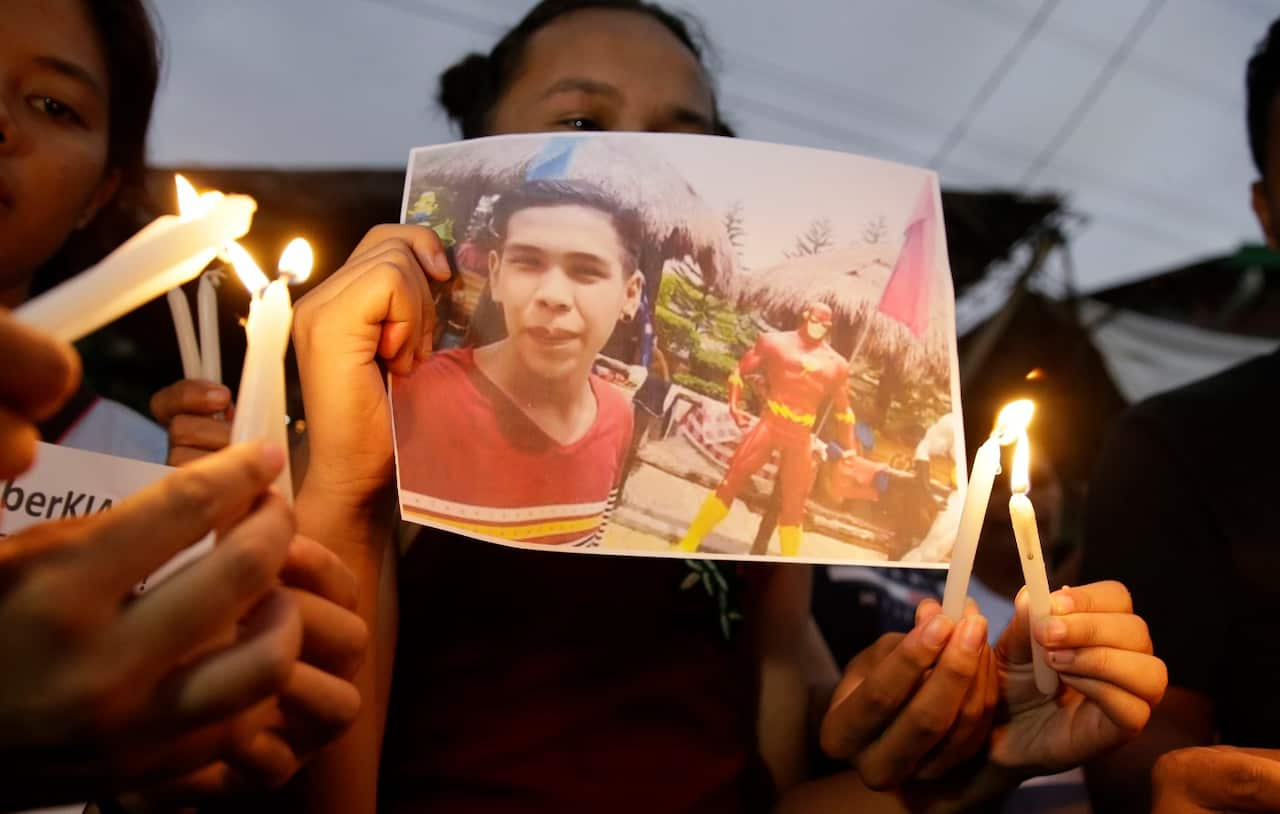
As of November 2018, the official government death toll stood at 5050. However, Human Rights Watch places the number at around 12,000.
“When I was young, whenever I saw a policeman I felt very safe,” Ms Delos Santos told SBS Filipino*.
“I had no other fears or worries about them. But now if children see the policeman they would run. Why? Because they are scared.”
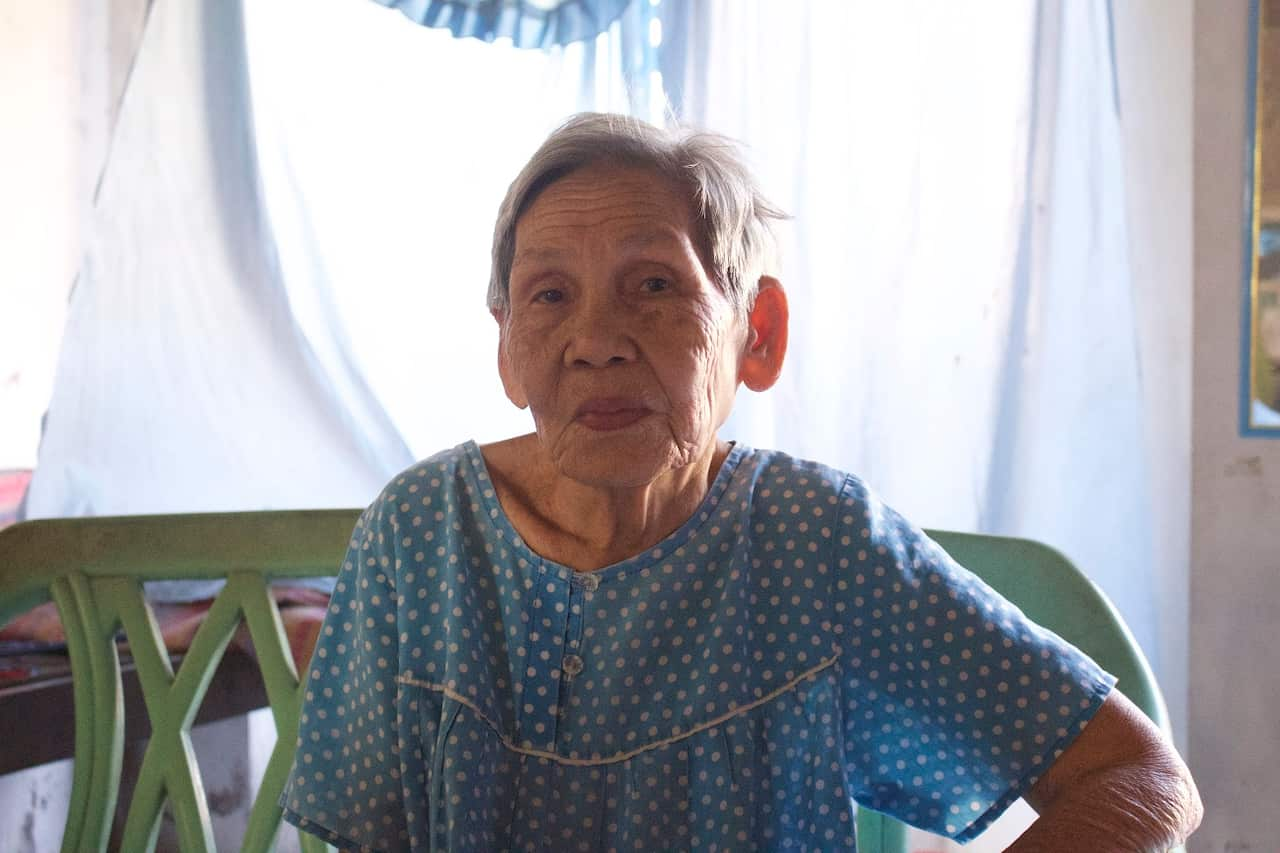
Police said that Kian was a drug courier who fired at them while resisting arrest. However, CCTV footage showed two of the policemen dragging the unarmed boy moments before he was shot dead.
In the teen's final moments, he was on the ground covering his head with his hands and pleading, "Sir, please don't do it", according to eyewitness testimony.
In a sentence delivered at the Caloocan Regional Trial court in Manila on November 29, three police officers were found guilty of murdering Kian.
They were sentenced to reclusion perpetua, which carries a minimum of 20 years behind bars.
Many gathered inside the courthouse in support of the family of the victim.
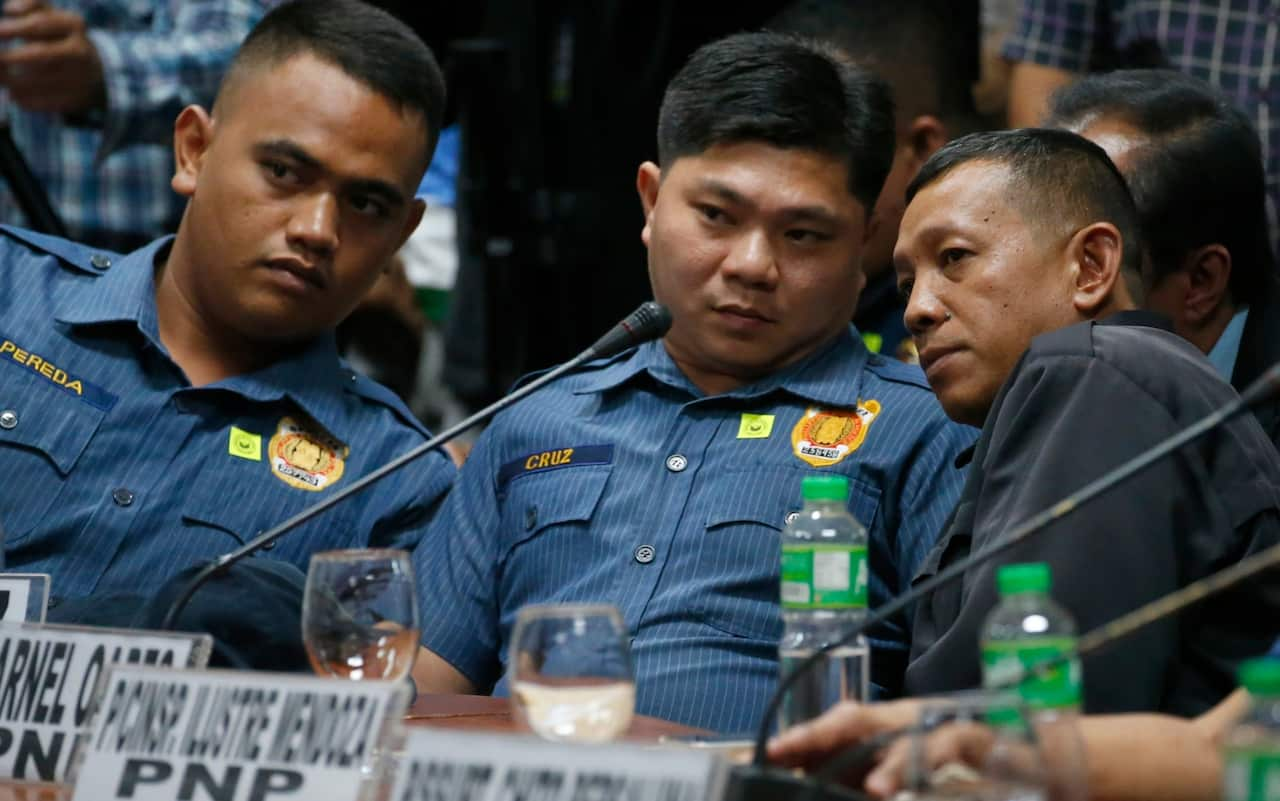
One of these individuals was Rose Roque, the National Chief Coordinator of the advocacy group Volunteers Against Crime and Corruption (VACC).
She said that she gave Kian's mother Lorenza a big hug after the verdict was handed down.
“We are here for the family, to make sure they get justice,” Ms Roque said.
“We are so happy because finally, justice [has] been given to them.”
Despite vowing to pardon authorities involved in the crackdown, Duterte ruled out the possibility for granting clemency after the verdict was delivered.
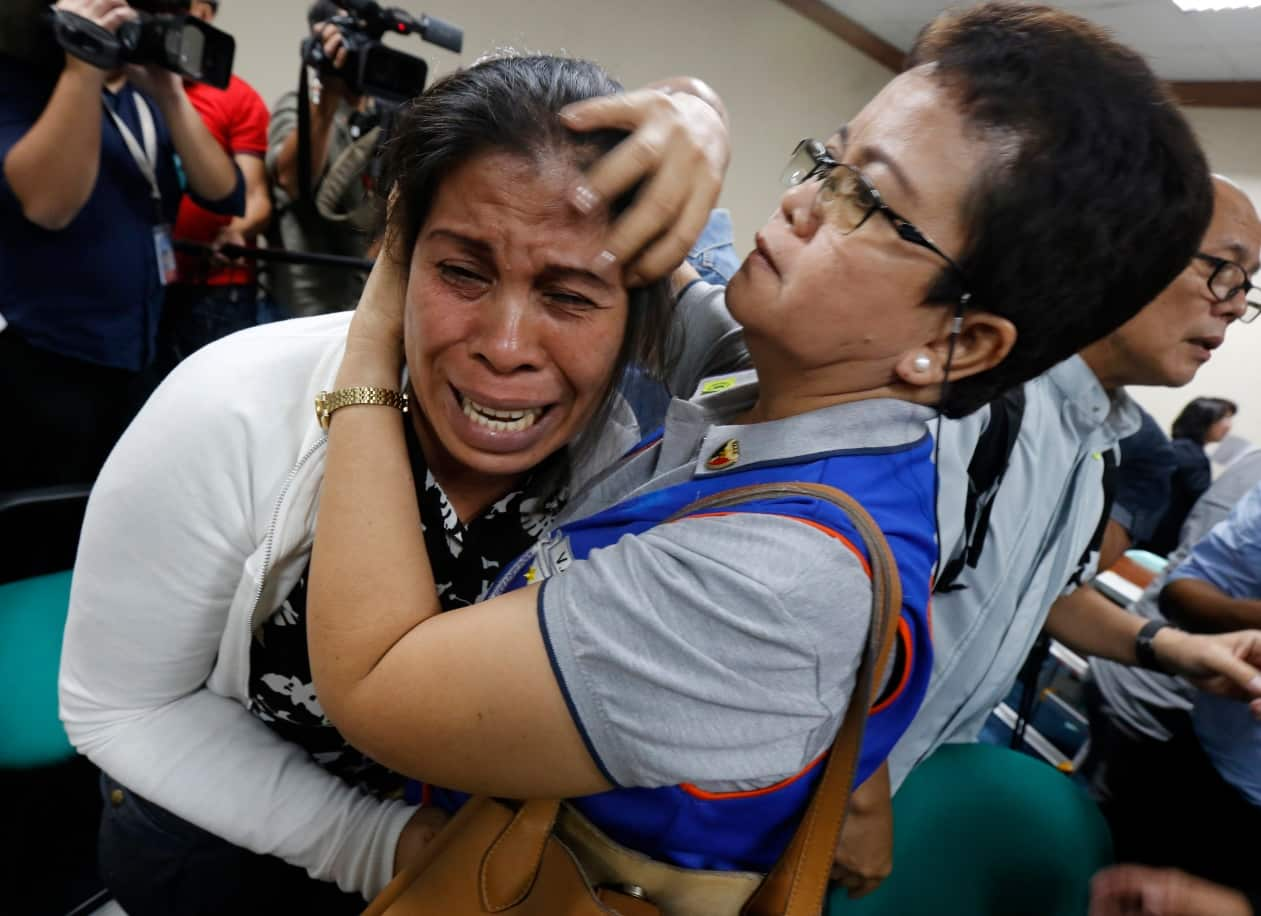
In a statement released on December 3, he told reporters he would grant a pardon "one million years from now,” reminding them that his promise to pardon only covered those “in the performance of their duties".
Ms Delos Santos said she felt comforted by the worldwide support.
“Everybody willingly pitched in to help to get justice. It was like our problem was solved,” she said.
“It’s just like Adam and Eve. They [the police] did something wrong and they were punished.”
Manuel Magato is a Pulitzer Prize-winning journalist who exposed the brutality of the anti-drug campaign.
He has witnessed the effects on the families of the drug war first hand.
“Some of the victims were killed in front of their children, inside their homes,” he said.
“The psychological trauma was there. It was very tragic and I can’t imagine how hard it is for someone losing their family.”
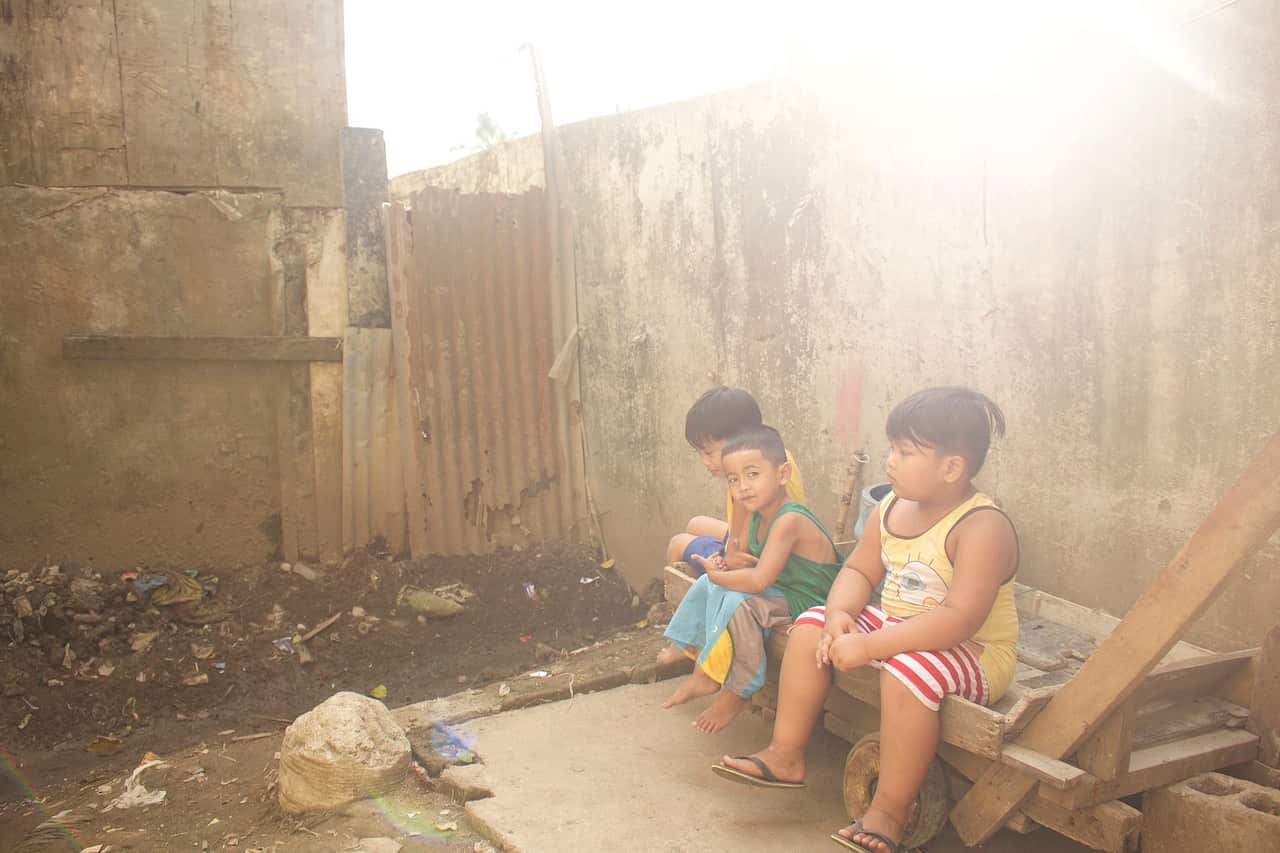
He said that the loss of loved ones was particularly difficult for Filipinos, who depend heavily on the family unit.
“We have a very close-knit family formation [in the Philippines],” he said. “They are [also] not only losing them because they [the victims] are dying, but hundreds of others are being put behind bars. So you can see the separation.”
Despite her grief, Ms Delos Santos said that she is not angry with Duterte. “I am not mad at the president, he just wants a peaceful style of leadership and to keep order,” she said.
“Whoever leads me, I should respect, because God placed them there. If they are not there our earth would not run properly.”
Duterte's approval ratings up
The high number of fatalities has done little to quell Duterte’s nationwide support.
In fact, a poll taken between December 14 and 21 showed an 81 per cent approval rating for the president, a 6 per cent increase since September.
In September, his anti-drug campaign maintained a 78 per cent approval rating, although 60 per cent considered the persecution of loiterers and “tambays” (the local slang word for the jobless Filipinos lingering on the streets) a human rights violation.
The only true hit that the president’s polling suffered occurred after his controversial criticism of the Catholic Church in early 2018.
His comment that “God is stupid” lost him some support among the Filipino community, 80 per cent of whom are Catholic.
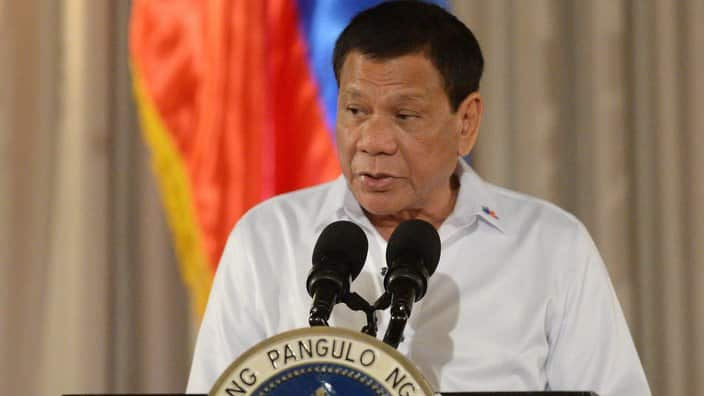
'Killing is not the solution'
Fr. Pedro Quitorio is the media representative of the Catholic Church in Manila. He is vocal about the Catholic Church’s opposition to Duterte.
“Killing is not the solution. It is not legal, it is not moral, it is not allowed,” he said.
“One crime is not a solution to another crime.”
The Catholic Church has offered assistance for the families affected by the drug war through monetary and psychological support programs.
Ms Delos Santos, a Jehovah’s Witness, said that her faith helped her family cope with the tragedy.
“The Bible says that ‘it would not be given to you if you can’t handle it.’ We seek support from God. With his help and the people who have helped me, we will find strength.”
*Note: Violeta speaks Filipino. Her words have been translated into English.
ALSO READ
